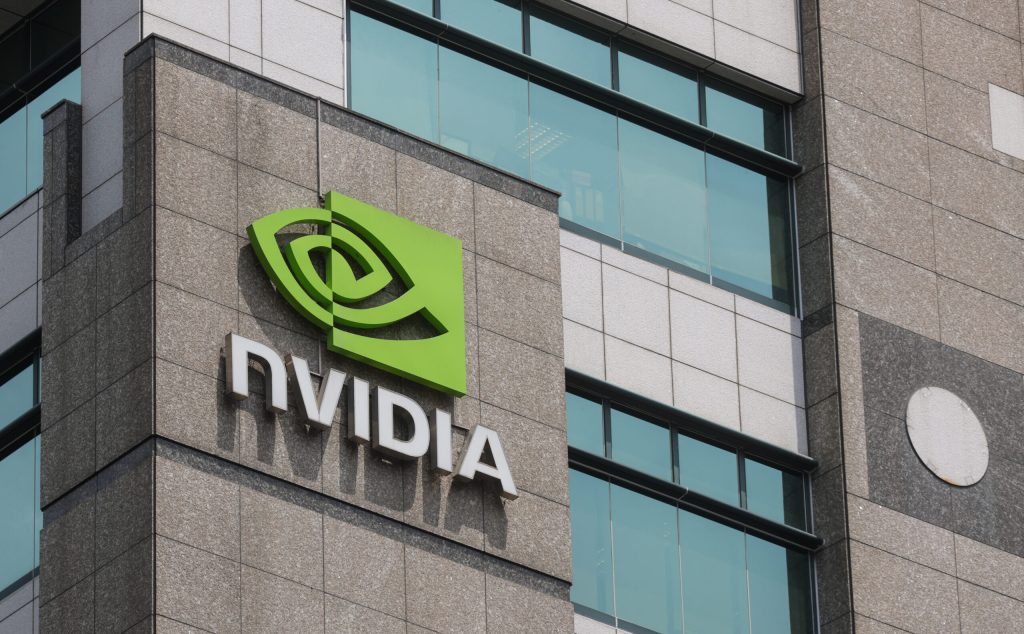Seattle, home to the corporate headquarters of Starbucks, is the latest hotbed for union organizing at the coffee giant.
On Monday night, two Starbucks stores in Seattle filed for union elections with the National Labor Relations Board, the latest in a nationwide flurry of more than 30 Starbucks stores to petition for union elections with Starbucks Workers United, a branch of the labor union Workers United.
Videos by VICE
“I think that you’ll find all the same issues in all the stores: underpay, overwork, understaffing, all the issues with Covid where our concerns aren’t being taken seriously,” said Sarah Pappin, a shift supervisor at one of the Starbucks stores in Seattle that filed for a union election on Monday.
“We see the best side of the company because we have such visibility to corporate. [Former CEO] Howard Schultz is a regular at some of our stores,” Pappin said. “We get the best experience of anyone in the country. But we’re still saying this is not enough for us to be successful.”
On Tuesday, joined by Starbucks workers from Seattle and Buffalo, socialist Seattle city councilwoman, Kshama Sawant, will introduce a resolution outside of Starbucks’ Seattle headquarters, which is in her district, condemning Starbucks’ campaign to crush union drives at its stores and in support of Starbucks’ unionization efforts across the country. Sawant is urging other city council members to sign on.
Late last year, two Starbucks shops in Buffalo, New York became the first of more than 9,000-corporate-owned stores in the United States to win union elections, setting off the wave of organizing.
For months, Starbucks led an aggressive anti-union campaign at unionizing stores in the area, which included visits from former Starbucks CEO Howard Schultz, mandatory anti-union meetings, and the temporary closure of unionizing stores.
The burgeoning union movement at Starbucks, led by left-leaning, Bernie Sanders-supporting Gen Z workers, has the potential to reshape working conditions and labor relations for Starbucks’ 230,000 employees across the country, and perhaps have spillover effects into other fast food and service-industry work that has long evaded unionization.
“We’ve seen the lengths Starbucks executives will go to prevent workers from unionizing,” Sawant, the Seattle city council member, told Motherboard. “It’s extremely critical we build on the success of workers in Buffalo for a nationwide almighty battle to unionize and follow that up with a class struggle-based approach to winning contracts.”
Sawant is also a vocal critic of Amazon and Microsoft, which are also head-quartered in Seattle, and has pushed for legislation to increase taxes on both companies.
Sawant’s resolution urges Starbucks to accept card check neutrality at its unionizing stores in Seattle, in other words not to interfere with workers efforts to unionize.
“The resolution says that the city council is standing with Starbucks workers and that we demand the corporation and executives allow workers to discuss unionization free from threats,” Sawant said. “We want to ensure that the company’s overwhelming wealth doesn’t just flow to executives.”
The Starbucks shops in Seattle that petitioned to unionize on Monday are the Westlake Avenue drive-thru and 5th Avenue and Pike Street locations.
On December 20, the first Starbucks store in Seattle, at Broadway and Denny, petitioned for a union election. Since then, Starbucks workers say managers at the location have called individual workers into meetings with as many as three separate managers present, and spread anti-union rhetoric at the store.
“We respect our partner’s rights to organize and any claims of anti-union activities are false,” said Reggie Borges, a spokesperson for Starbucks. “Our meeting with partners aim to help with questions when it comes to unions and help keep them informed when it comes to the world class benefits we offer. All of our partners deserve the opportunity to make an informed decision when it comes to unionization and are not required to attend these meetings.”
Schultz, former Starbucks CEO and chairman, is a resident of Seattle.
In the coming weeks, three more Starbucks stores in the Buffalo region will vote on whether to unionize.
Workers at the Elmwood location in Buffalo, the first corporate-owned Starbucks to unionize in the US, have sent a request to Starbucks to begin bargaining with the company. They want seniority pay, lower healthcare costs, sick pay, an accountability system for grievances, improved health and safety protocol, and credit card tipping. (Starbucks only allows customers to tip with cash.)
“I think credit card tipping is becoming a huge thing for a lot of people,” said Pappin, the Starbucks worker in Seattle. “It’s access to income that the company is choosing to deny us. It’s absolutely a choice for Starbucks. We know we’d be making significantly more in tips each week with credit card tips.”
Starbucks stores in Boston; Chicago; Cleveland; Memphis; Baltimore; Tallahassee, Florida; Mesa, Arizona; Santa Cruz, California; Richmond, Virginia; Hopewell, New Jersey; Eugene, Oregon; Knoxville, Tennessee; and the Denver area have also petitioned for union elections in recent weeks.




